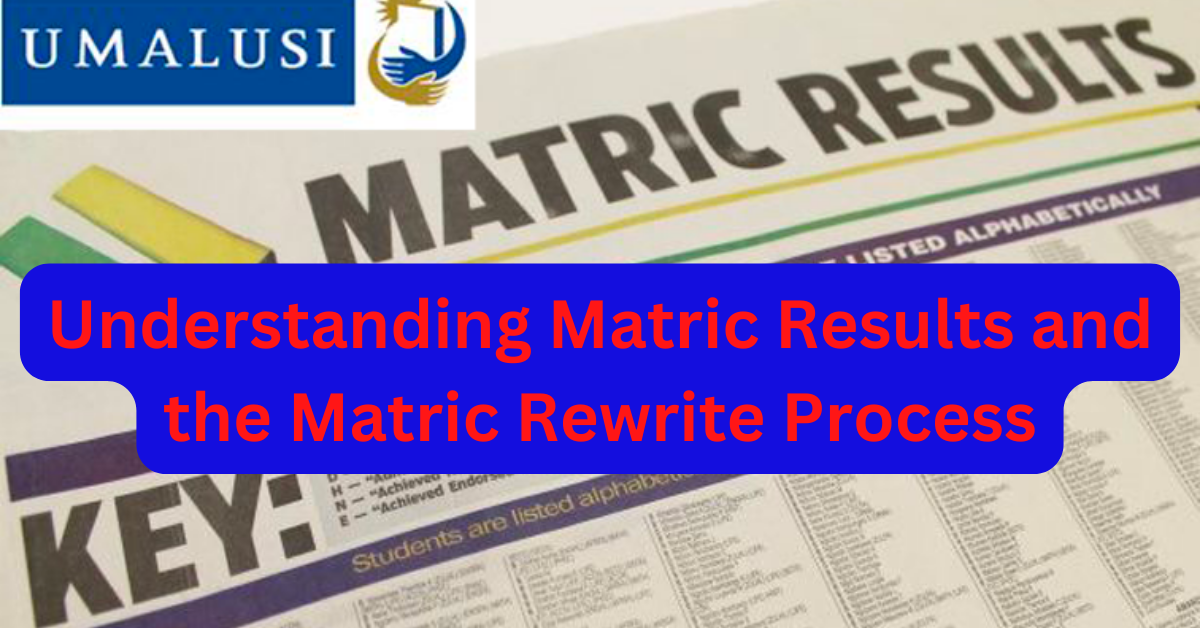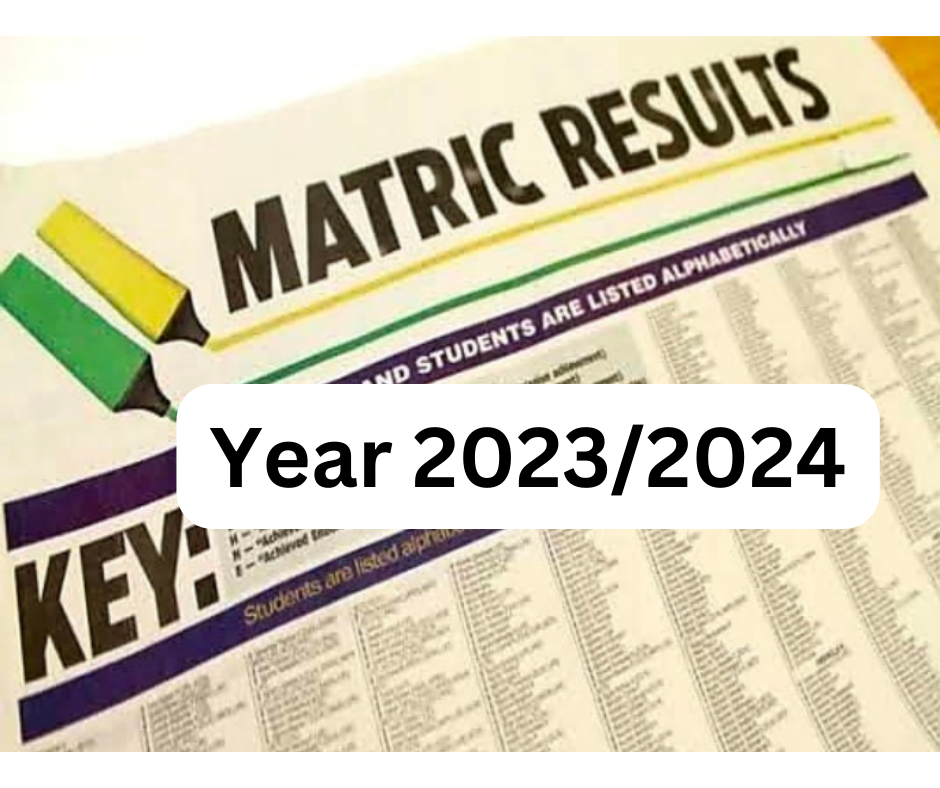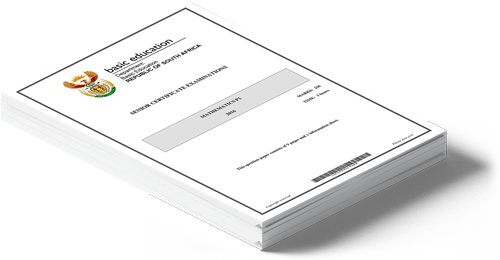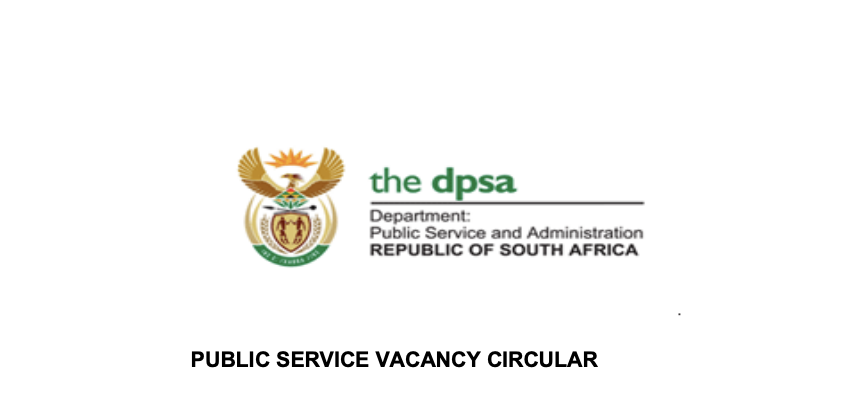Matriculation, or matric, is the final examination that students in South Africa take in order to complete their high school education. The results of these exams, known as matric results, play a critical role in determining a student’s future education and career opportunities.
Matric Results
The Department of Basic Education releases the matric results in January of each year. The results are based on the National Senior Certificate (NSC) examination, which is written by students in the final year of high school. The pass rate for the NSC examination varies from year to year, but generally hovers around 80%.
The matric results are used to determine a student’s eligibility for further education and training opportunities. A student who passes the NSC examination will receive a certificate that is recognized by universities and colleges both in South Africa and internationally. However, the marks a student receives on the NSC examination can also play a role in determining which universities and programs they are eligible for.
It’s also worth noting that some universities use the National Benchmark Tests (NBTs) as an entry requirement. The final matriculation results are converted into points using the National Senior Certificate (NSC) point system, which is based on the number of distinctions, credits, and passes earned. Each university has a minimum point requirement for entry into their programs.
Matric Rewrite
A matric rewrite, also known as a supplementary examination, is an opportunity for students who did not pass one or more of the NSC examination subjects to retake the exams and improve their results. These supplementary examinations are typically held in June and November of each year.
Students who wish to rewrite a subject must register for the supplementary examination and pay a fee. They will then have the opportunity to retake the exams for the subjects they did not pass. The marks earned on the supplementary examination will be combined with the marks earned during the original NSC examination in order to determine the student’s final results.
It’s worth noting that the Matric rewrite process is not available for all the subjects. Some universities or colleges may not accept the rewritten results or they might give weightage to the original results. It’s important to check with the institutions you are interested in applying to before deciding to rewrite any subjects.
Pass rate and its Impact on Education and Job Opportunities
The pass rate for matriculation exams has a direct impact on the education and job opportunities available to students. A higher pass rate means that more students are eligible to pursue further education and training opportunities. This can lead to a better-educated workforce, which is beneficial for the economy as a whole.
A higher pass rate also means that more students are eligible for bursaries and scholarships, which can help to make higher education more affordable for many students. Additionally, students who pass the matriculation exams are more likely to find employment opportunities that match their qualifications and skills.
Education reform and its impact on Matric Results
The Department of Basic Education has implemented several education reform programs over the past few years in an effort to improve the quality of education in South Africa and increase the matric pass rate. These programs have included increased funding for education, a focus on teacher development, and the implementation
Discover more from Mycareers.co.za
Subscribe to get the latest posts sent to your email.















Leave a Reply